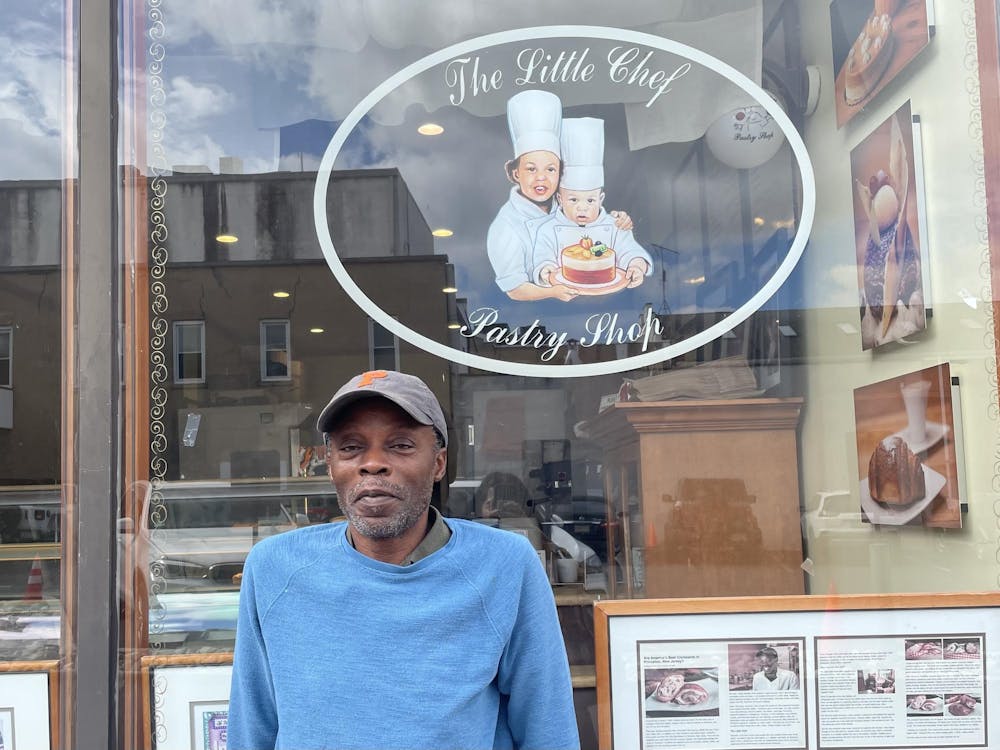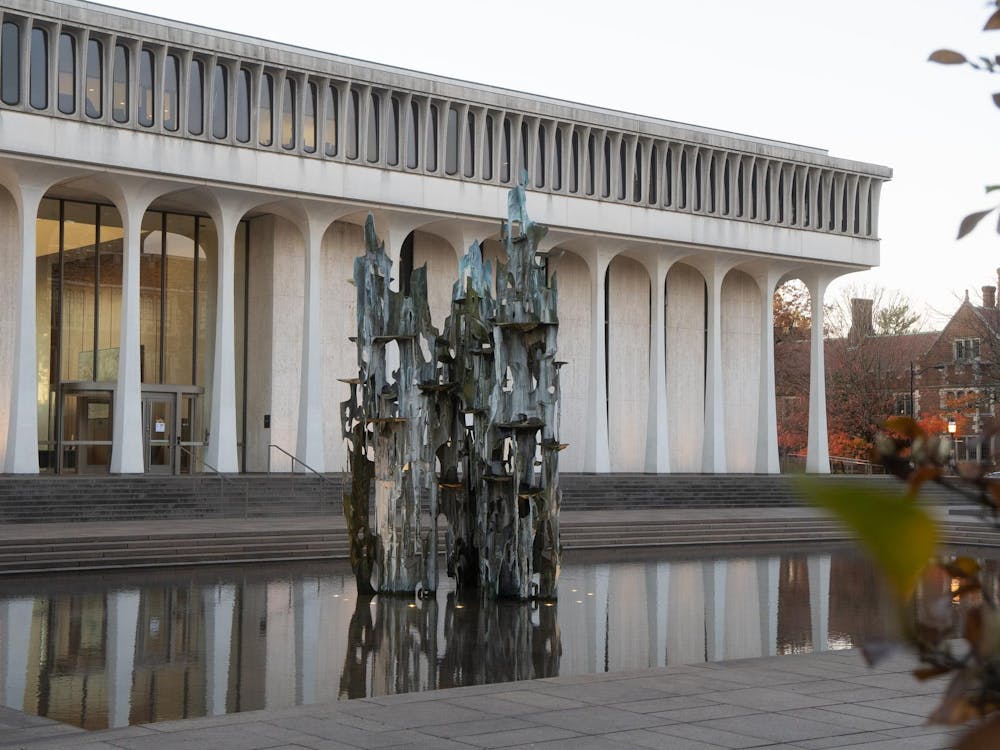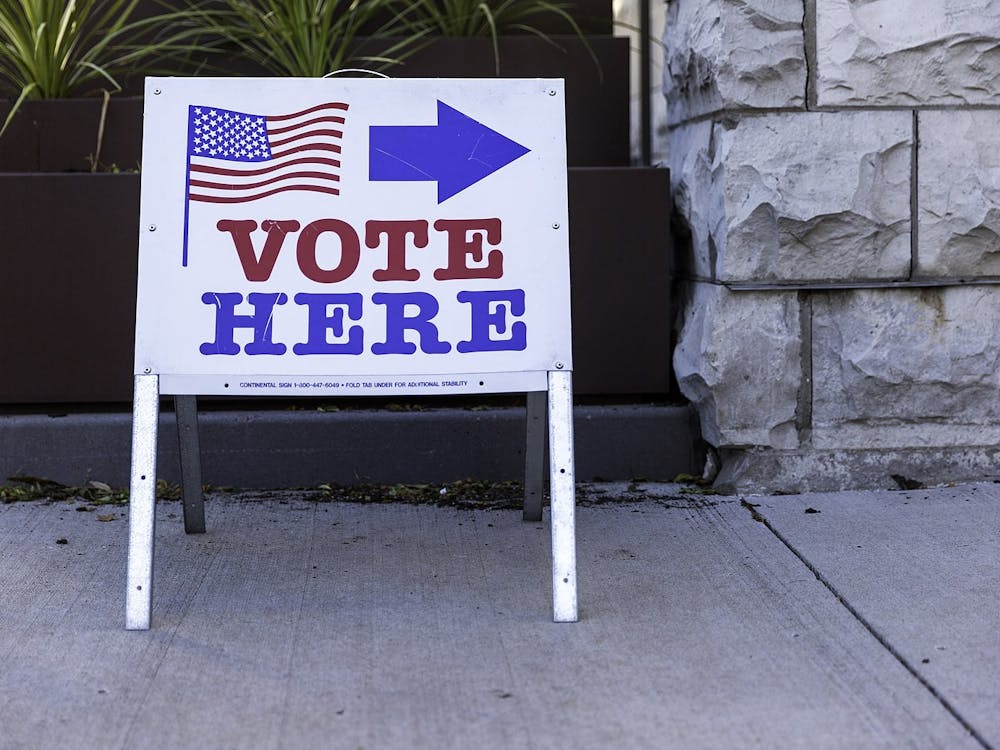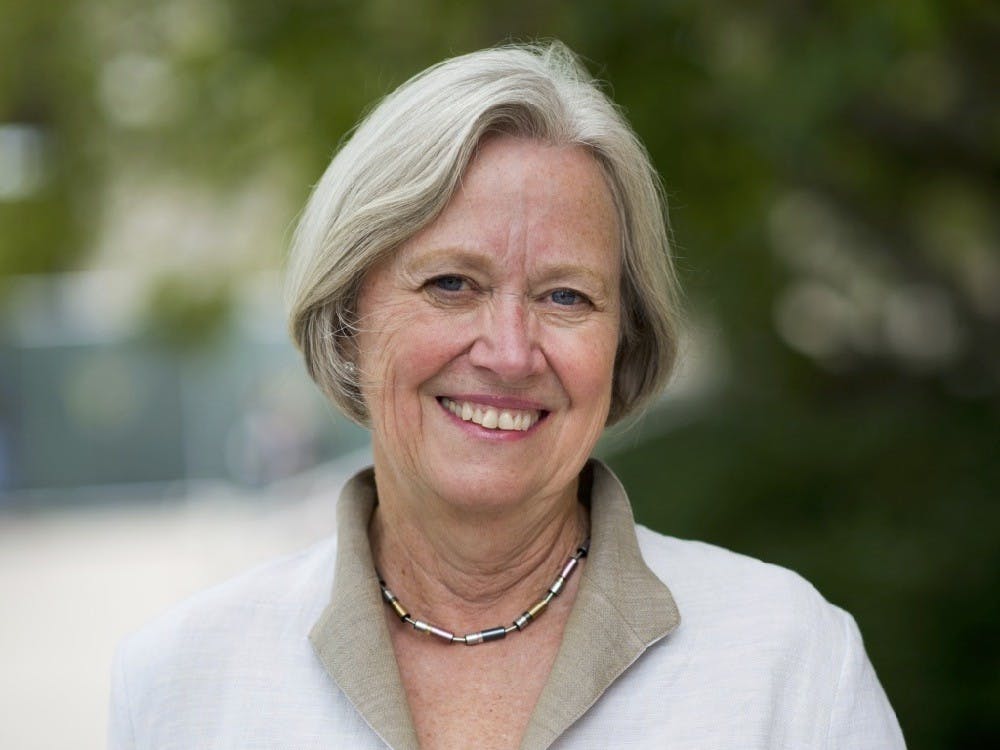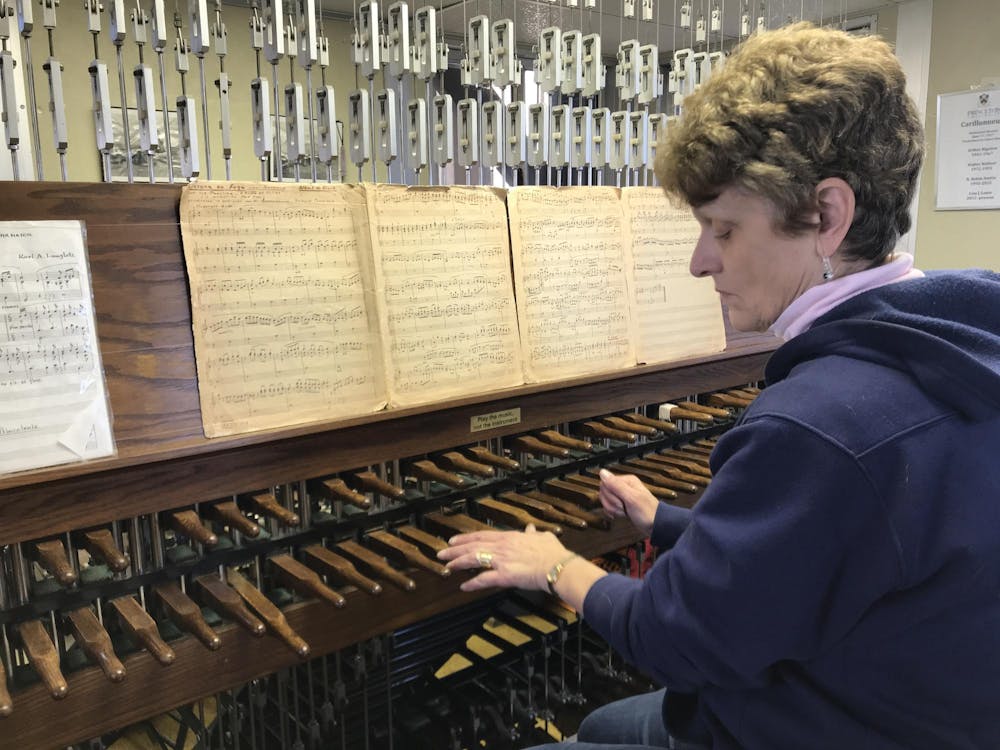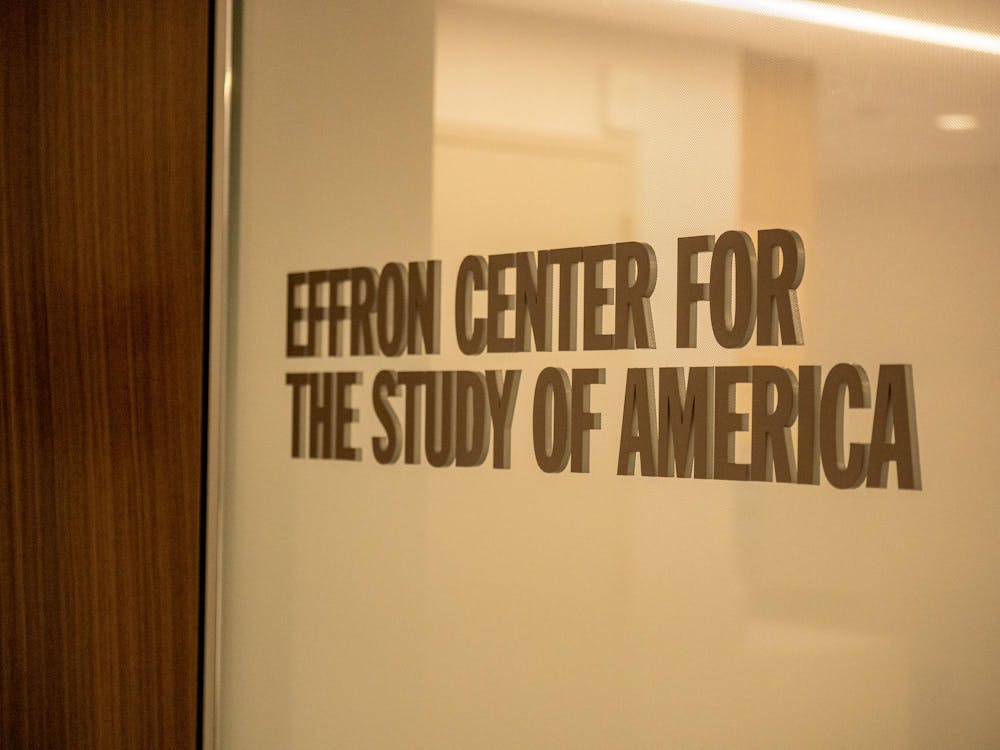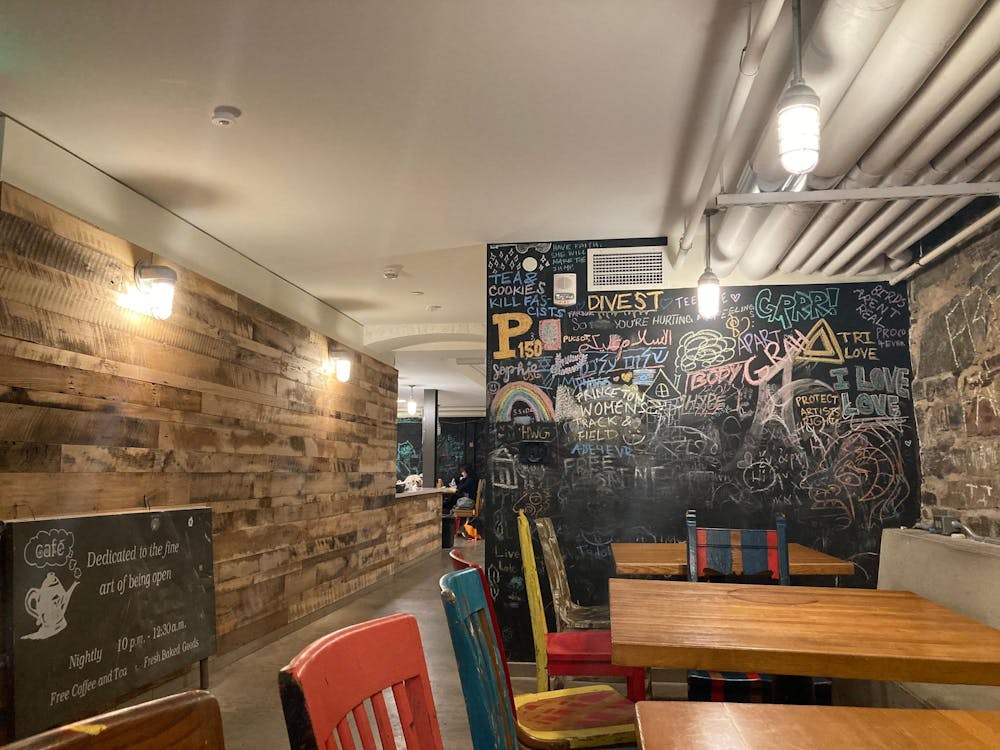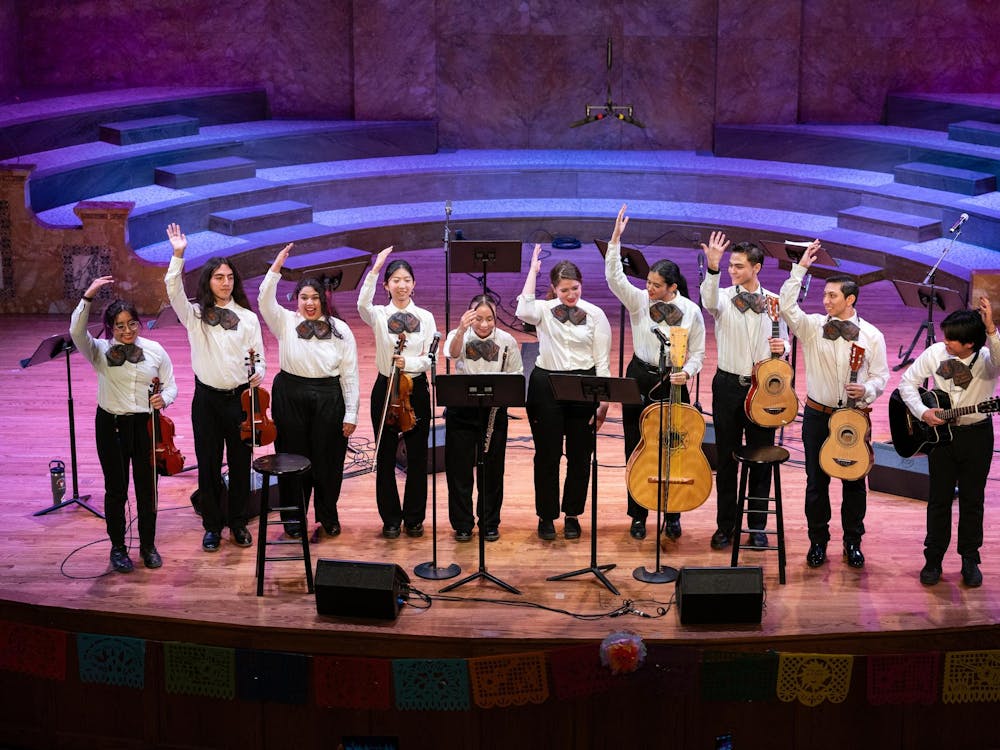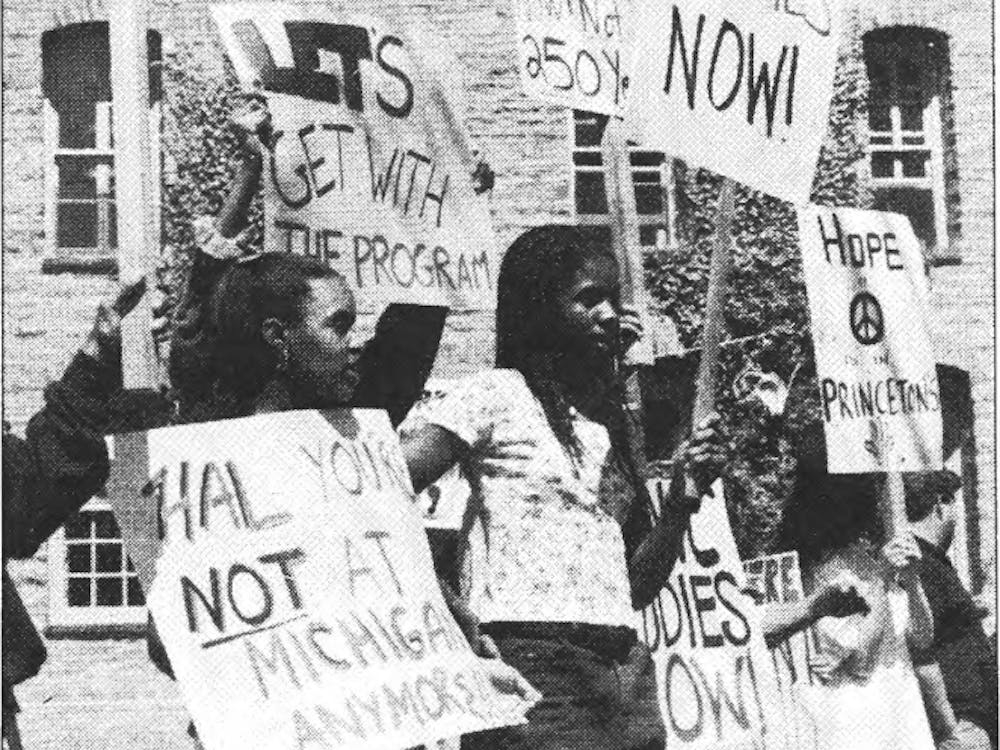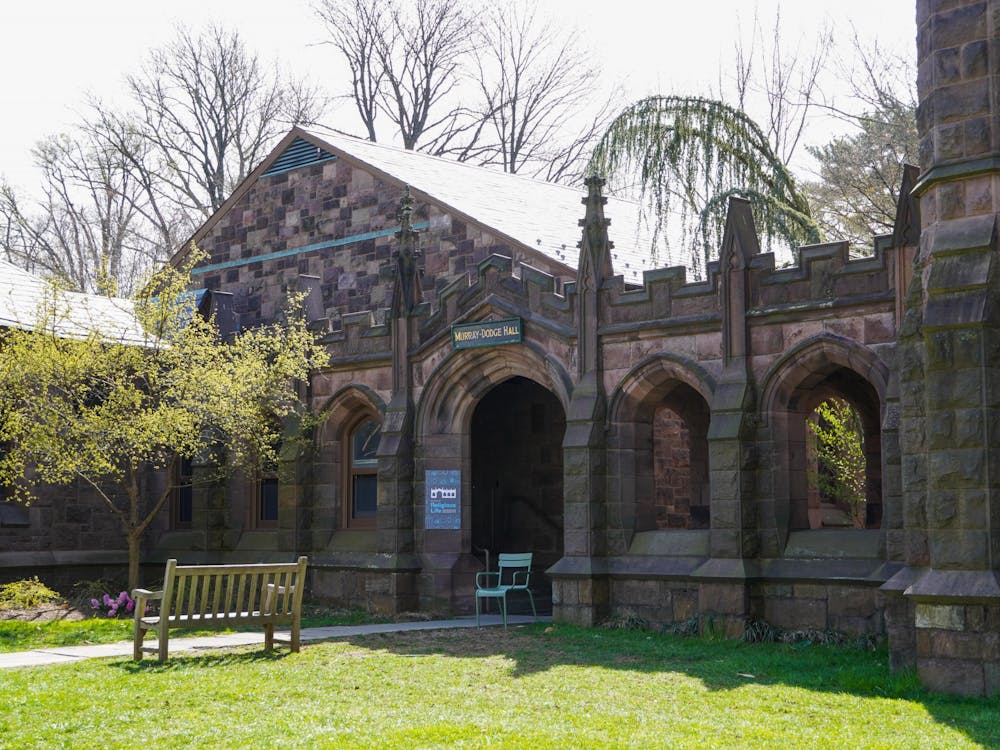The ‘process’: How change happens under Eisgruber
Bridget O’NeillPrinceton President Christopher Eisgruber ’83 has dealt with student protests of all stripes over his 11-year tenure. Interviews with Eisgruber, longtime faculty, and activists of different eras reveal a long-standing emphasis on procedure to which Eisgruber has only grown more attached over time.
Princeton President Christopher Eisgruber ’83 has dealt with student protests of all stripes over his 11-year tenure. Interviews with Eisgruber, longtime faculty, and activists of different eras reveal a long-standing emphasis on procedure to which Eisgruber has only grown more attached over time.






